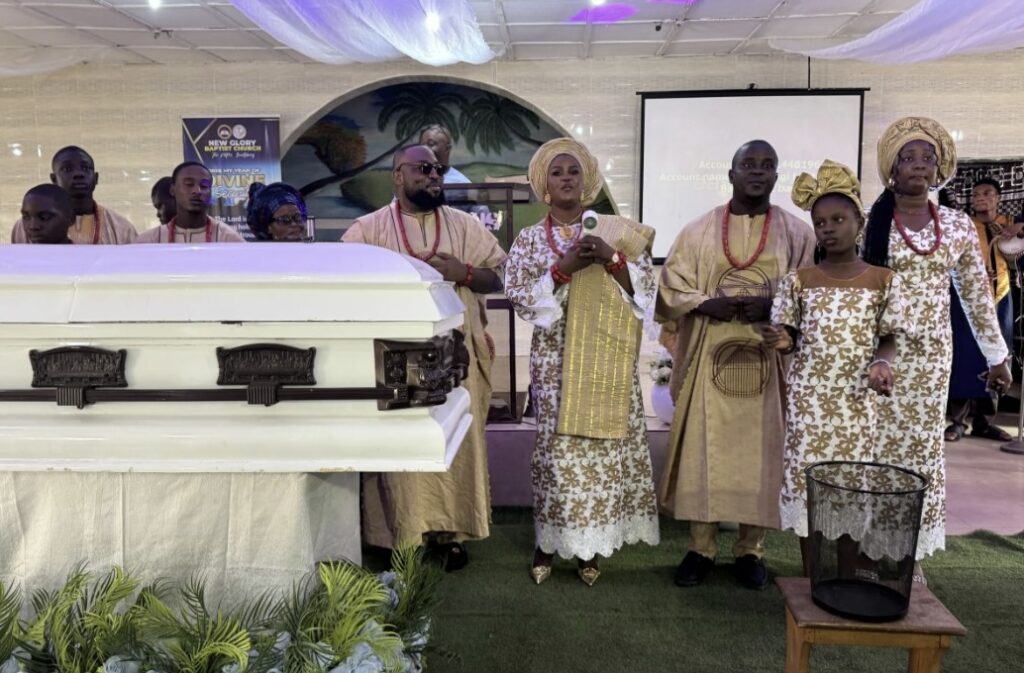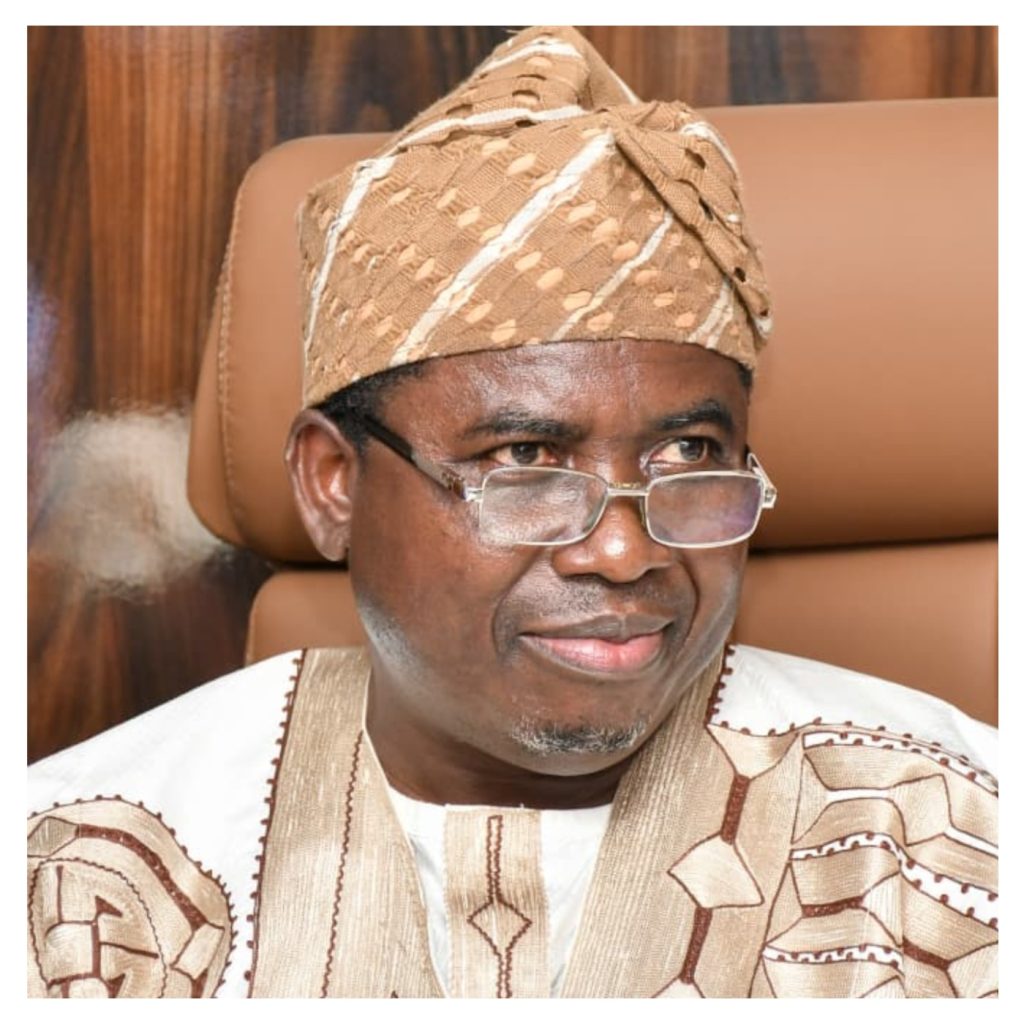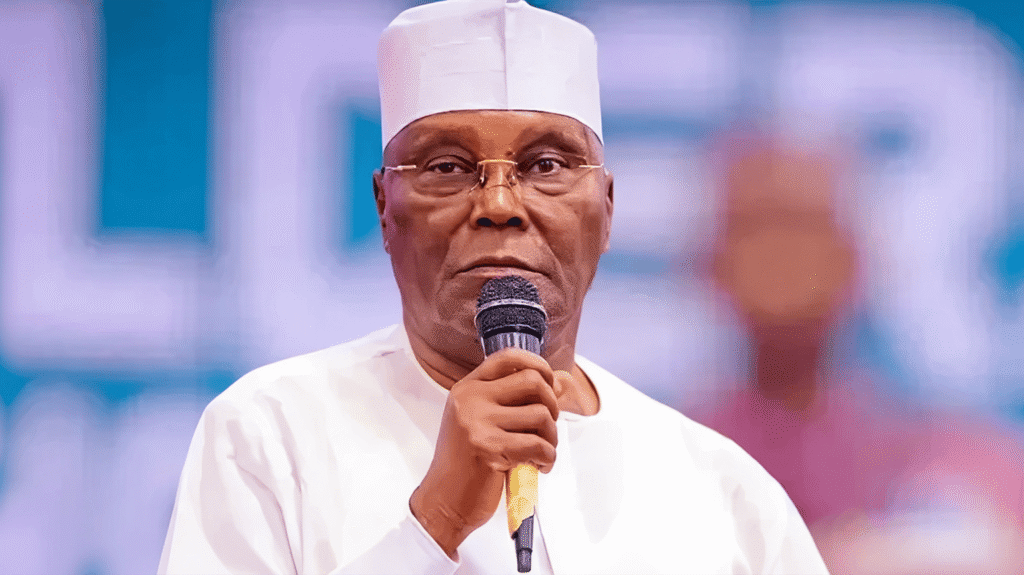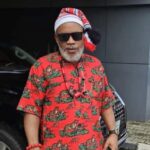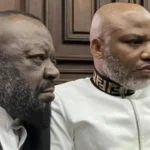U.S. Congress Holds Hearing on Nigeria’s ‘Country of Particular Concern’ Designation
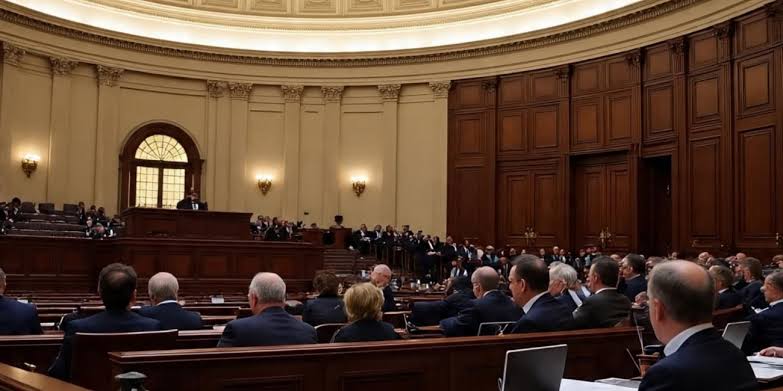
The U.S. Congress convened a public hearing on Thursday to examine the designation of Nigeria as a “Country of Particular Concern” (CPC) under the International Religious Freedom Act, a move that could have far-reaching implications for U.S.–Nigeria relations.
The hearing, hosted by the House Foreign Affairs Committee’s Sub-committee on Africa, brought together senior U.S. State Department officials, policy experts, and representatives from faith-based organisations. Among those who testified were Jonathan Pratt, Senior Bureau Official at the Bureau of African Affairs; Jacob McGee, Deputy Assistant Secretary at the Bureau of Democracy, Human Rights & Labor; Nina Shea, Director of the Center for Religious Freedom; and Nigerian church officials.
Lawmakers focused on allegations that Nigeria has engaged in “systematic, ongoing, and egregious” violations of religious freedom, the criteria that underpins the CPC designation.
The discussions also addressed how the designation was determined, the credibility of the data used, and possible U.S. policy responses, including diplomatic measures, aid restrictions, or sanctions against individuals or groups.
The CPC designation, which Nigeria has faced in the past, signals U.S. concern over the protection of religious minorities in the country.
The Nigerian government has rejected the designation, arguing that it is based on “faulty data” and oversimplifies the nation’s complex security challenges, which include terrorism, communal violence, and ethnic clashes affecting both Christians and Muslims.
Observers say the hearing is a critical moment in U.S.–Nigeria relations, offering Congress an opportunity to weigh evidence, hear expert testimony, and potentially recommend policy actions.
It also comes amid growing international scrutiny over religious freedom and human rights in Nigeria.
No immediate decisions were announced following the hearing, but officials indicated that Congress would consider the testimony in formulating next steps regarding U.S. engagement with Nigeria.
Analysts note that the outcome could affect U.S. aid programs, diplomatic ties, and Nigeria’s international standing on religious freedom.


